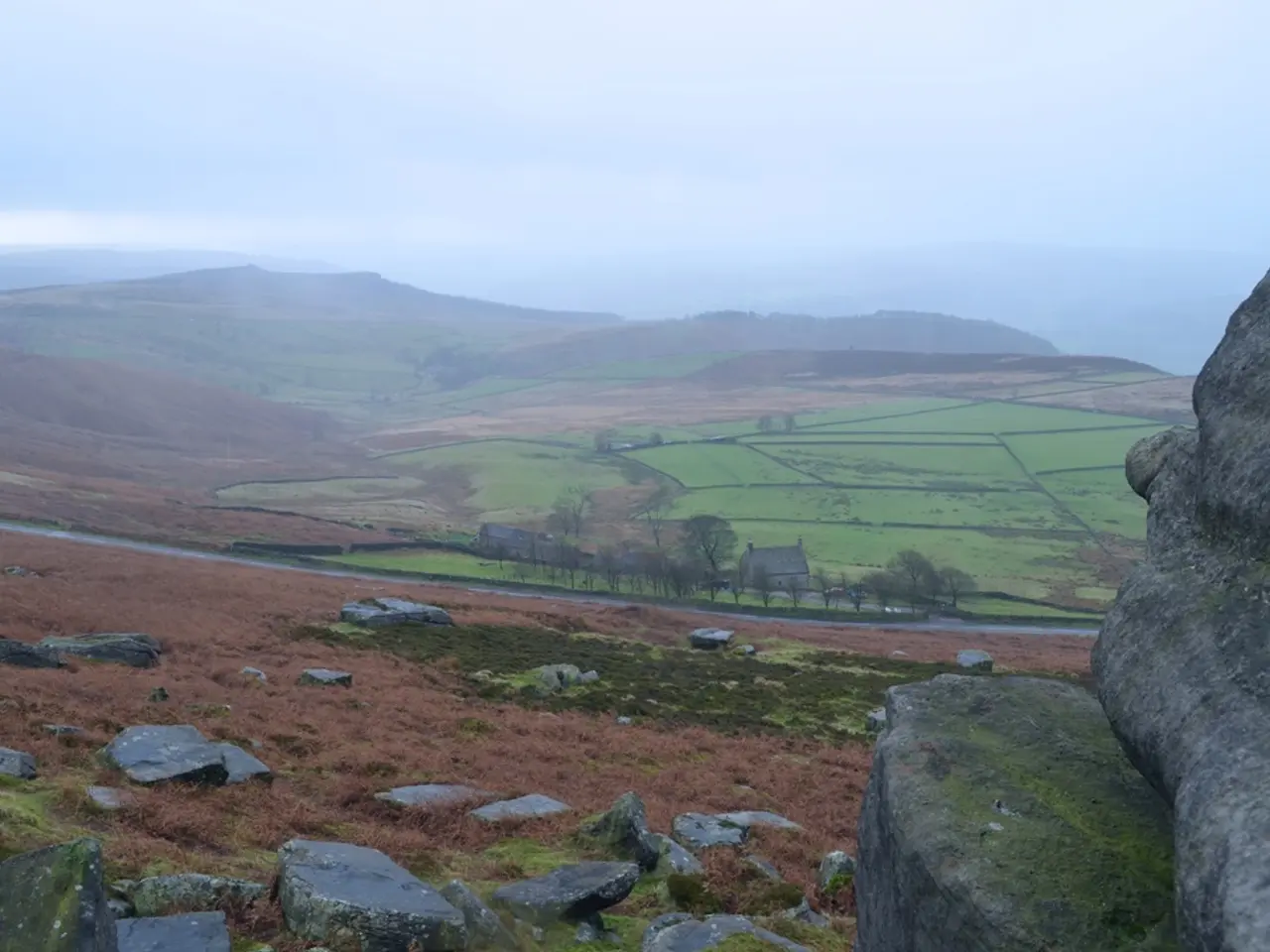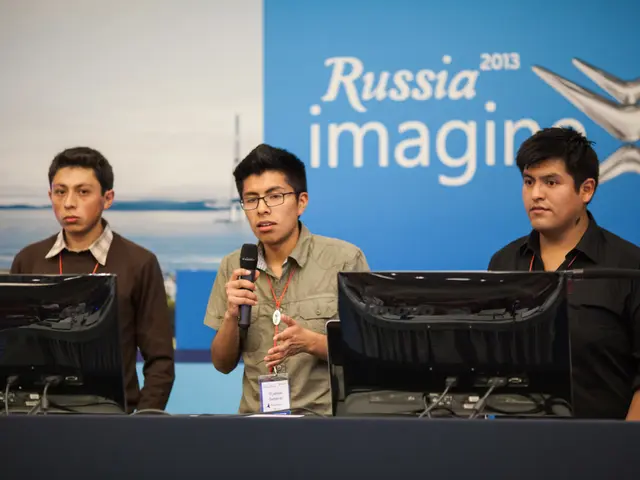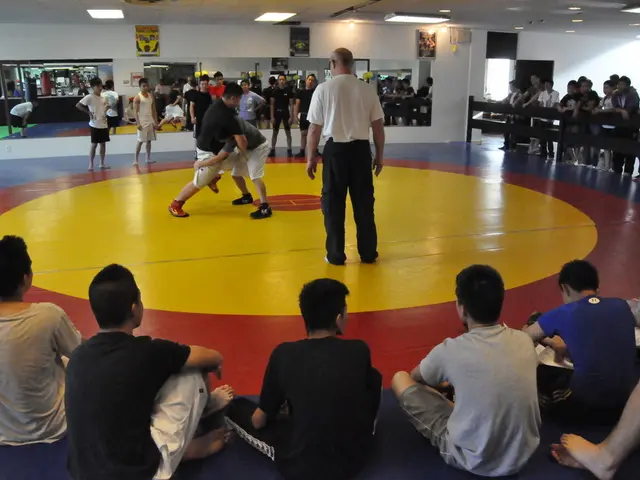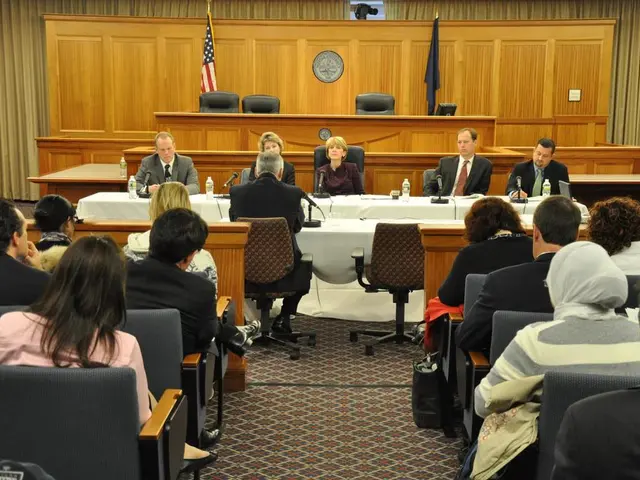Function of Academic Settings in Crafting Tourism Specialists
The Indian tourism industry is experiencing a significant boom, attracting millions of tourists from around the globe, and with this growth comes the need for skilled professionals to maintain and enhance this success. The sector is facing global competition, and the key to its ongoing success lies in the development of professional skills across the country.
India offers a wide array of tourism and hospitality education programs, catering to various levels of study. Undergraduate degrees such as the BA Hons in Travel and Tourism are available through distance education from institutes like IMTS Institute, Mangalayatan University, and Subharti University, covering subjects like Tourism Management, Travel Agency Management, Cultural Tourism, and Tourism Marketing. Hospitality and Travel Management courses span from 6-month diplomas to 3-year degrees, offered by over 1,200 private colleges and top government institutes such as BHU and IHM (Bangalore, Chennai). These courses aim to equip students with the necessary skills for roles such as travel consultants, tour managers, hotel and restaurant managers, and tourism officers.
While the curriculum often includes practical components addressing real-world tourism challenges, there are still areas where improvement is needed. Ensuring education keeps pace with evolving industry trends such as digital tourism, sustainable practices, and international standards is crucial. Integration of experiential learning, internships, and industry partnerships could be improved to enhance skill application and employability. Focus on emerging tourism forms (educational tourism, ecotourism, heritage tourism) and digital competencies will be essential for better alignment.
Government initiatives like the Delhi Tourism and Heritage Fellowship aim to engage trained youth directly in tourism promotion and heritage conservation, providing practical exposure and a stipend. This bridges the gap between education and industry experience. The rapidly growing educational tourism market globally, projected to grow from USD 754.6 billion in 2025 to over USD 3.7 trillion by 2035, underscores the increasing demand for skilled professionals with global and experiential knowledge. This global context encourages Indian tourism education to evolve accordingly.
In conclusion, while tourism education in India is well-established and growing, there is room for better practical alignment and updated curricula to fully satisfy the dynamic tourism industry's evolving demands. The success of the Indian tourism industry depends on the development of professional skills, and enhancing these skills is essential for the sector's continued growth and success in the face of global competition.
To address the growing needs of the Indian tourism industry, many education institutions offer various programs focused on tourism and hospitality, catering to multiple levels of study. These programs aim to equip students with skills for roles like travel consultants, tour managers, hotel and restaurant managers, and tourism officers, preparing them to face real-world tourism challenges. However, for continued success in an industry that is experiencing global competition, there's a need to improve the integration of experiential learning, internships, and industry partnerships to ensure students are fully prepared with the necessary global and digital competencies, including emerging tourism forms such as educational tourism, ecotourism, and heritage tourism.








